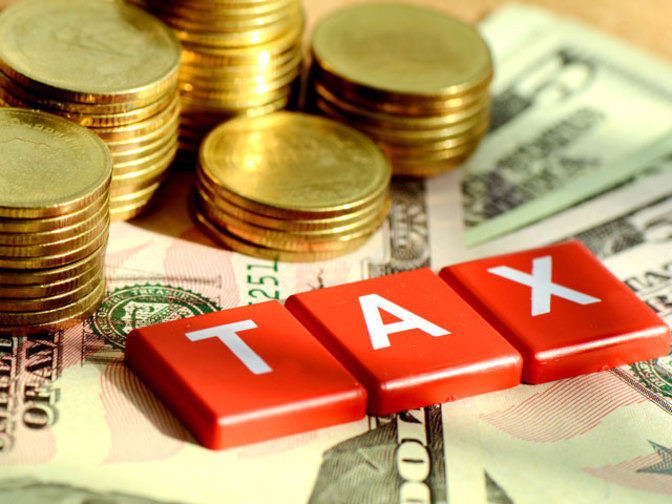Italian Taxes and Forex Trading: What You Pay
November 15, 2017

The activities of Forex Trading have seen a steady spread in recent years, even among ordinary people. It is precisely for ordinary people that they sometimes have difficulty dealing with some technical issues, not being accustomed to the world of finance. Among the issues at stake is taxation. What can be said about the relationship between Forex and taxes? First, that a relationship does indeed exist, and therefore it must be reckoned with. This was to be expected, certainly, but a greater aura of mystery surrounds how and when. Here is a comprehensive guide to the taxes that Forex traders must pay.
How Much Taxes Must Be Paid
The tax burden in Italy, as is well known, has reached barely sustainable levels. Italy is one of the countries where the most taxes are paid. Only Scandinavia and a few other European Union states surpass us, however in the face of better services. All this is well known, it is even part of the collective imagination. It is also part of the collective imagination that financial activities, compared to income from work, receive preferential treatment from the Italian tax authorities. Unfortunately, this prejudice is unfounded: for some years now, the legislator has also put his hand to the tax regime for financial activities. In plain terms, he has increased taxes.
So, how much tax does a trader have to pay? Well, a lot. To be precise, as much as any other investor-saver. The rate is 26% and is applied to earnings, with the possibility of deducting losses. Now, Forex traders who don't get anything right, or get little right, have nothing to fear, but if you are a winning trader... Well, you will certainly have felt the blow (or you will feel it, if you have been trading for a short time and have not yet made your declaration).
How to Complete the Declaration
There is one case, moreover not very widespread, in which the trader does not have to pay anything. Specifically, if the broker is a bank that uses the substitute regime. In this case, it is the bank itself that pays the taxes, and the trader does not even have to include the proceeds in his declaration. The mechanism is identical to that which governs the management of current accounts, investment funds, etc. It is the bank that does everything, acting, so to speak, as a withholding agent. The client, in this case, finds the net amount directly on the account.
If you trade with a classic online broker, one of those "market maker" types, you have to do it yourself. You have to declare income and losses, and proceed with the payment of the tax. Which is a long and annoying operation, and also slightly complicated, but only if you do it for the first time. As with most bureaucratic commitments, everything is difficult if you do it for the first time, then it's a walk in the park or almost.
So, how do you enter the proceeds in the declaration? You have to go to section RT, which is reserved precisely for capital gains of a financial nature, and enter the amount of the proceeds in section II B, and specifically in line RT41. Incidentally, this line also includes all income deriving from forward, future and option contracts. As already anticipated, the rate is 26%. This means that if you have earned 30,000 euros, you must return 7,800 euros to the tax authorities.
Any losses must be entered on line RT45. Losses can be deducted, and this is good news, but only for a quota equal to 62.50%.
How to Pay Taxes
Once you have declared income and losses, all you have to do is pay the tax. The reference model is, as usual, the F24. The deadline is June 30 of the year following the declaration.
The tax code, in this case, is 1100. Obviously, everything we have said applies to financial activities intermediated by Italian brokers, or in any case regulated by Consob. If the broker is foreign and is regulated by other bodies, a few things change. The section, in fact, is the RW, which indicates the flows of money with foreign operators. The rate, however, is the same so in substance it doesn't change that much.




